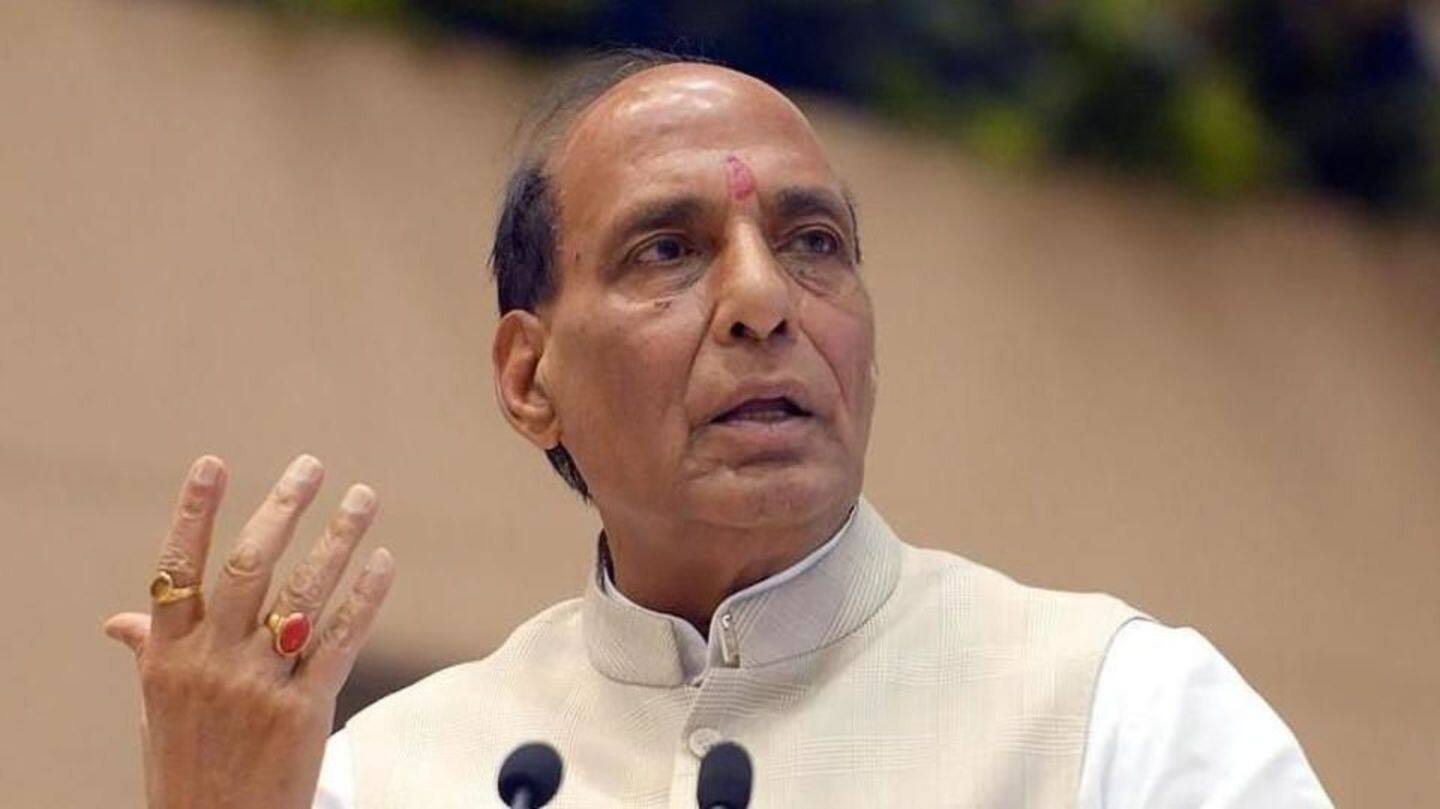
Rajnath Singh appeals, so GJM concedes to call off shutdown
What's the story
Gorkha Janmukti Morcha (GJM) chief Bimal Gurung, from an undisclosed location, announced GJM's decision to withdraw the indefinite strike for a separate Gorkhaland that began on June 15, lasting for about 104 days. Earlier in the day, Home Minister Rajnath Singh appealed to GJM to withdraw the strike saying that "dialogue is the only way out to resolve any problem." Know more!
About
Short history of the Gorkhaland movement
Initially, the British did not heed the separate Gorkhaland demand. Gorkhas want a separate Nepali-speaking state within the Indian Union. The 1980s, under Gorkha National Liberation Front's Subhas Ghising were the movement's violent years, leading to the creation of a Darjeeling Gorkha Hill Council (DGHC). Subsequently, Ghising took a backseat and the GJM's Bimal Gurung took the movement forward.
Mamata
Recent steps taken by the state government
WB CM Mamata Banerjee had rejected the separate statehood demand claiming that it is the Centre's prerogative and not within the state's jurisdiction. Instead, Mamata had attempted to revive the Gorkha Territorial Administration (GTA), DGHC's successor and an autonomous body to administer the area, on September 20 by appointing GJM rebel leaders Binay Tamang and Anit Thapa as chairman and vice-chairman respectively.
Recent Incidents
Meanwhile, GJM movement continued unabated: fresh violence and leaders arrested
Meanwhile, after GJM leaders DK Pradhan, TC Roka and PT Ola met HM Rajnath Singh in Delhi regarding the separate Gorkhaland demand, they were arrested in Gurugram by WB CID on September 22 on charges of violence and arson fanning the Darjeeling unrest. On September 25, fresh incidents of violence were noticed as people were beaten up for violating the shutdown in the hills.
Rajnath Singh
What was HM Rajnath Singh's appeal?
HM Singh had appealed to "the GJM and its leader Bimal Gurung to withdraw the ongoing bandh" to "create a conducive atmosphere for allowing normalcy to return to the area, particularly in view of the festival season." He also assured that the Home Secretary Rajiv Gauba had been instructed to 'convene an official-level meeting within a fortnight' to discuss "related issues" with all stakeholders.
Effect
Rajnath Singh's appeal had the desired effect
Mint reports that owners were reluctant to open shops fearing GJM hardliners despite the district administration's assurances. But, after Singh's appeal and GJM's consent to lift the strike, normalcy may return to the hills. Markets, schools and businesses remained closed for about 100 days affecting the area's tourism and life. WB lifted restrictions on Darjeeling and Kalimpong's internet services, in place since June 18.
Will normalcy return?
What does this imply for the state?
WB tourism minister Goutam Deb said under Mamata's leadership, WB had returned to normalcy and that Singh helped "GJM leaders save their faces." He said the BJP is colluding with GJM leaders and recent events are proof. However, a police officer told Mint that without detaining GJM leader Gurung, 'normalcy is impossible'. These contrasting views may raise questions regarding normalcy in the hills.